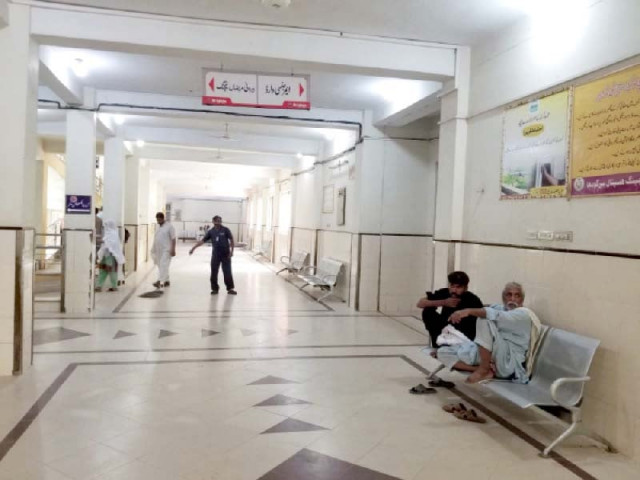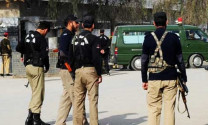CPEC-funded hospital in Kahuta fostering hope, rescuing lives
On BRI's tenth anniversary, docu-series shares human stories transformed by the project’s healing hands

It all began with the shivers and chills that would haunt Noman Munir's nights, threatening to strip away the livelihood and earnings on which his family depended. The diagnosis was grim – malaria – an emergency requiring the resources and expertise of an emergency ward.
Noman and his wife operated "Peco and Laces," a small but beloved business that had been a source of stability and joy in their lives. However, fate had now dealt them a harsh blow.
Accessing healthcare had long been a struggle for the residents of Kahuta, with many having to undertake troublesome journeys to nearby cities for treatment. However, the establishment of the China-Pakistan Karot Project, the first hydropower investment initiative under the China-Pakistan Economic Corridor (CPEC) has brought relief by revolutionising not only the energy sector but also public health facilities such as the THQ Hospital.
A docu-series, Rising with Pride, co-produced by directors in China and Pakistan is bringing stories such as Noman’s and other people-cantered tales that show how the Belt and Road Initiative has connected people and, more importantly, how it connected them to the pursuit of betterment in life. The documentary will also be broadcast by state television, Pakistan Television.
It narrates how previously seeking timely medical treatment was an arduous task for locals, as they had to endure long, risky journeys to nearby cities, often resulting in devastating consequences. Fighting disease, for many, not only impacted one’s personal well-being but also meant financial woes and fortunes evaporating just to get decent medical facilities.
For Noman, this project proved to be a game-changer in his fight against malaria. Promptly diagnosed and treated at THQ Hospital, he embarked on a journey to recovery, rediscovering hope and purpose with the unwavering support of his wife.
The hospital, equipped with 18 to 20 beds in the emergency ward, has become a lifeline for not only the residents of Kahuta but also those from far-flung areas like Kashmir and Matore, the doctor at the hospital shared. “The hospital covers a radius of 50 kilometres.”
As her husband fought a debilitating disease in the hospital, she took the reins of their business, effortlessly maintaining its success while shielding her spouse from worry. The documentary also captures the intimate journey of the couple as they strengthened their bond in the face of adversity.
The wife, otherwise unfamiliar with worldly affairs, found herself thrust into uncharted territory as the responsibility of managing the business fell solely on her capable shoulders.
“Now are businesses are growing. To become healthy one needs to work hard, earn money and cover our expenses. During illness, one feels very weak. If my wife is with me, I can face any illness,” Noman shares at the end.
Through the China-Pakistan partnership, hopes and dreams have been reignited, paving the way for a better and healthier future for all.
The Belt and Road Initiative (BRI) – which has completed ten years this year – has brought new opportunities for growth, invigorating local economies and fostering a spirit of progress that resonates through every corner of Kahuta tehsil.



















COMMENTS
Comments are moderated and generally will be posted if they are on-topic and not abusive.
For more information, please see our Comments FAQ